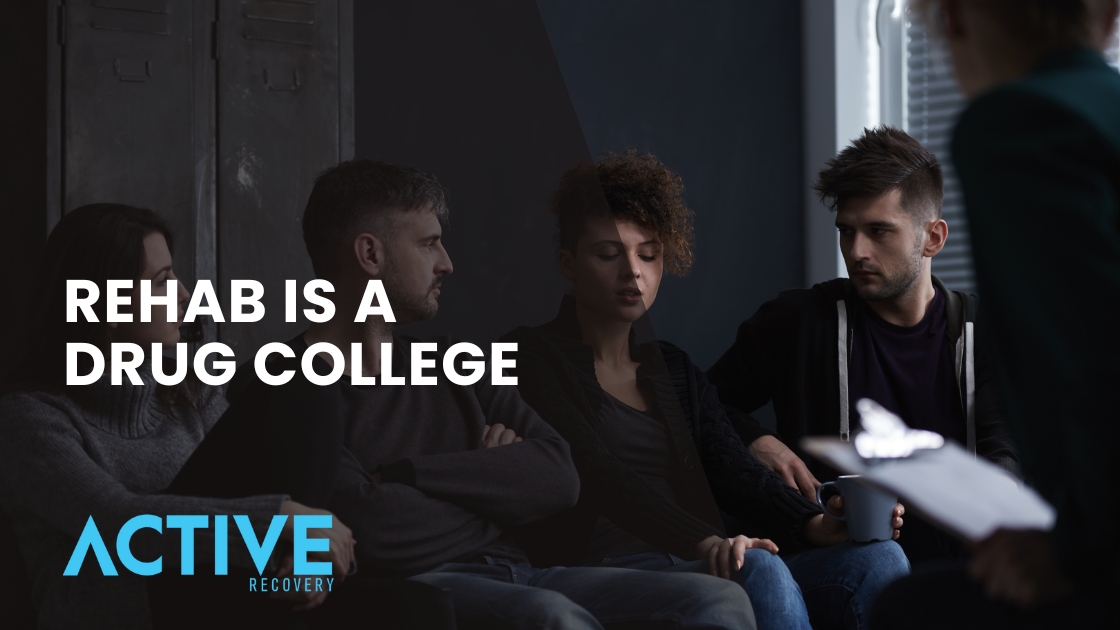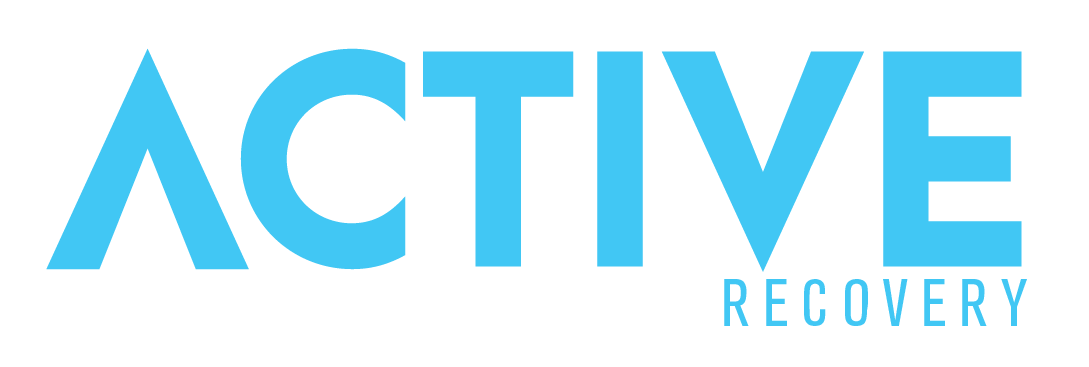Last Updated on June 14, 2023


I’ve noticed this time and time again with adolescents and young adults entering rehab. They may go for a marijuana addiction, for example, and while there, they get a crash course in all the different drugs. They don’t learn this from the staff—it’s the other clients who teach them.
When I attended rehab in my younger years and later worked in treatment centers, I saw the same pattern over and over. Young adults often compete to be seen as the “worst” addict in the room. They sit together trading war stories—“No man, you don’t understand how bad I was…”—each one itching to top the story that came before.
You may wonder what the harm is in this. From what I’ve seen, individuals who enter rehab for something like marijuana or alcohol dependence are made to feel “less than,” as if they don’t qualify as “real” addicts. This can be damaging and discouraging for someone genuinely trying to recover.
Unfortunately, the relapse rate in the first year is close to 90%. That means someone entering rehab for marijuana addiction may feel inadequate, learn about many new drugs, and make new connections in the drug world through peers. Statistically, they only have a 10% chance of staying sober.
When relapse occurs—which it often does—they now have knowledge of other substances and may seek them out. In this way, rehab unintentionally becomes an education in drug use rather than recovery.
I don’t know why more professionals in the rehabilitation industry aren’t addressing this problem. If you ask any tech in any rehab, they’ll likely confirm what I’m describing. Separating individuals based on their drug of choice could be a good start toward minimizing this risk.
This situation highlights why working with a sober companion or sober coach at home can sometimes be more beneficial. It eliminates, in my opinion, the unnecessary risk of being exposed to potentially toxic peers while still providing structure, accountability, and personal support.
If you’d like me to explain any of this further, please email me. I’m happy to answer questions or discuss ways to make rehabilitation safer and more effective for young people seeking recovery.

© 2023, Active Recovery Companions